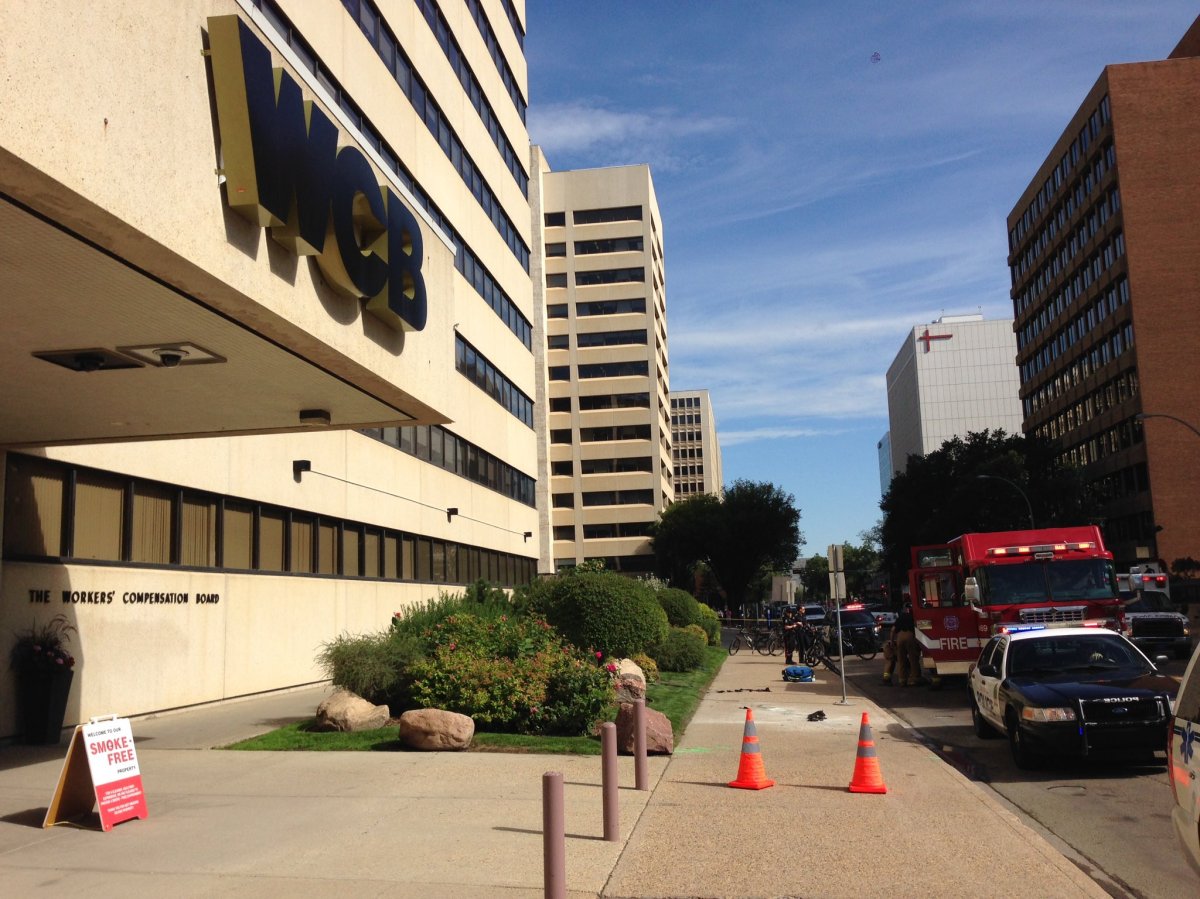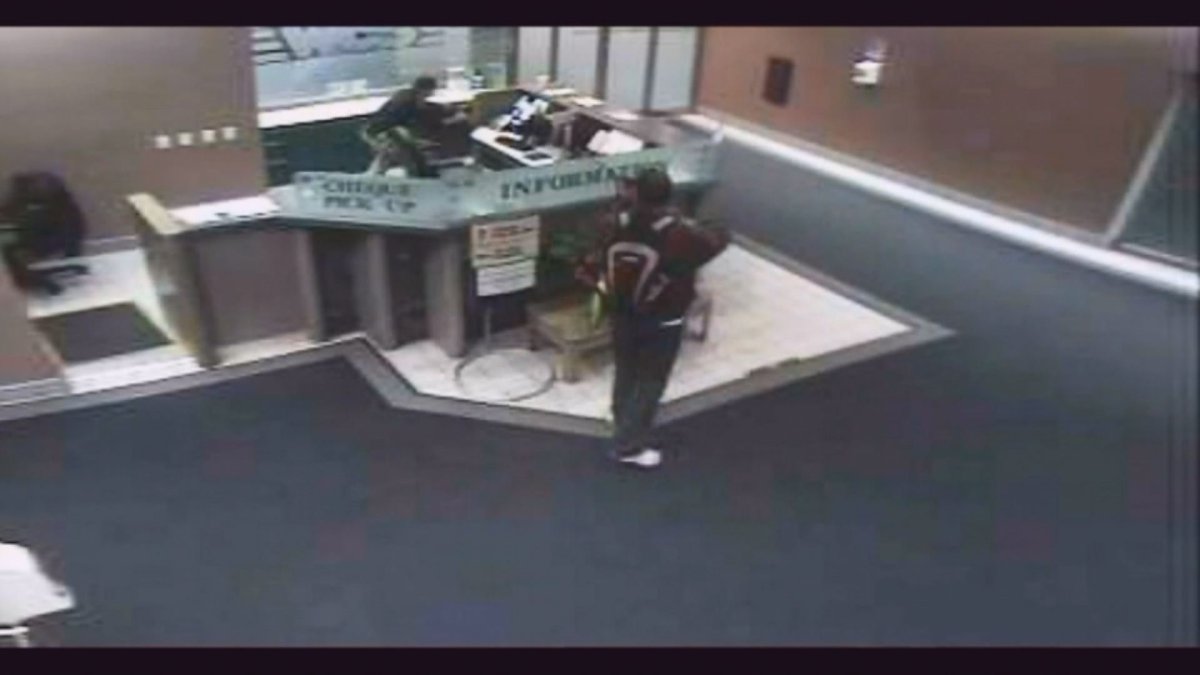An update on the ongoing review into the Alberta Workers’ Compensation Board found people appreciate that it exists, but there is big room for improvement in a system described by some as “disrespectful” and “dehumanizing.”

The Workers’ Compensation Board is an employer-funded provincial agency that provides compensation to Albertans who have been hurt or disabled on the job.
Since March, the three-member panel has been looking into the board’s governance, effectiveness, principles of compensation and policies.
READ MORE: Alberta government launches review of Workers’ Compensation Board
The panel sought feedback from organizations, such as unions and businesses, and individuals. Over 2,000 responses were received via online questionnaires and written submissions. Due to injuries or illnesses, some injured workers were not able to give written feedback, so four in-person group meetings were held in Edmonton, Calgary and Lethbridge.
“They helped us see firsthand how the system directly impacts the lives of Albertans and their families, and they offered insights about the system’s strengths and opportunities for improvement,” the report read.
More bad than good
The midway report said the review process evoked strong emotions and opinions from Albertans regarding the WCB. While some people said they had a good experience, many others described their dealings with the board as “disrespectful,” “angering,” “frustrating” and even “dehumanizing.”
“A widespread view is that the WCB operates its claims process in a way that presumes injured workers are lying about their injuries or illnesses, and looks for any possible reason to deny an injured worker’s claim, lower their compensation, refuse their requests and ‘cut them off,'” the report reads.
“Some feel the WCB deliberately makes its process complex so that injured workers will abandon their claims out of frustration.”
The more complex, the worse the experience
The report also found that the claims process works well when injuries are minor and the circumstances straightforward. But when the situation is more complex the process bogs down, causing anxiety for people already dealing with illness or injury.
READ MORE: Edmonton paramedic hits roadblock returning to work after PTSD treatment
“Delays result in lost income to the worker and a prolonging of their pain and suffering,” the report read.
Other highlights from the report
- There is an appreciation that the WCB can provide timely treatment for injured workers, but there are concerns it does not allow people to choose their own health providers or professionals.
- Respondents said when a worker’s personal health professional disagrees with the opinion of the WCB-retained health professional, things become contentious. There are concerns that doctors who are being paid by the WCB are quicker to claim a worker is ready to return to work.
- While the emphasis on healing workers so they can return to work is good, the timelines can be too aggressive, opening up the risk of re-injury.
- Workers need to be willing to consider returning to “modified work” when it is available, instead of waiting to return to their original job.
- Some respondents expressed concerns that, over time, the system has evolved to focus too much on the bottom line.
- The WCB should be more involved in injury and illness prevention programs.
What’s next for the review
The report did find while there are flaws with the existing system, Albertans see the WCB as a preferable alternative to litigation between employers and workers.
The panel expects to meet with more employers, unions and industry associations this month and next to delve deeper into the complex issues the WCB system faces.
It will then hold a symposium in January to review the data. A final report and recommendations are expected in spring 2017.
READ MORE: Alberta farm worker WCB claims more than double since Bill 6
The chair of the panel is Mia Norrie, who is a human resources and labour relations consultant. John Carpenter, a partner with Chivers Carpenter law firm, and Pemme Cunliffe, in-house counsel with Covenant Health, round out the board.
It’s been 15 years since the last formal review was conducted on the WCB.
In 2009, Patrick Clayton stormed the WCB building in downtown Edmonton and took nine people hostage at gunpoint, before surrendering to police. During his trial, Clayton apologized to his captives but remained adamant that he was also a victim. He described his actions as “the world’s loudest cry for help.”
READ MORE: Edmonton WCB hostage taker says he was a prisoner of corporate bullying
Details emerged about Clayton’s history of alcohol and drug abuse, previous attempts at getting media attention and injuries to his knee both before and after the 2002 work accident that fuelled his beef with the compensation board. In a bid to attract media attention in an attempt to escalate his claim with WCB, he also threatened to throw himself off a city bridge in 2006.




Comments